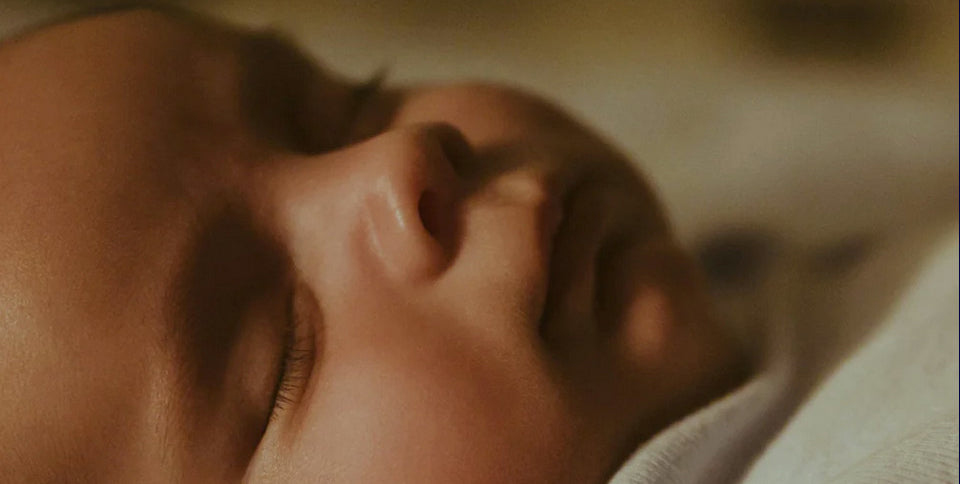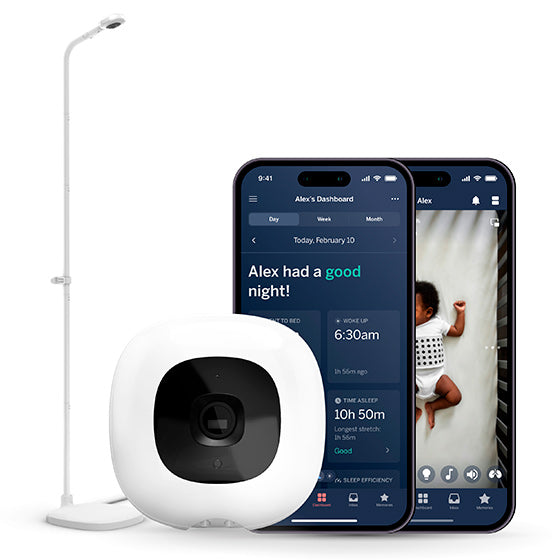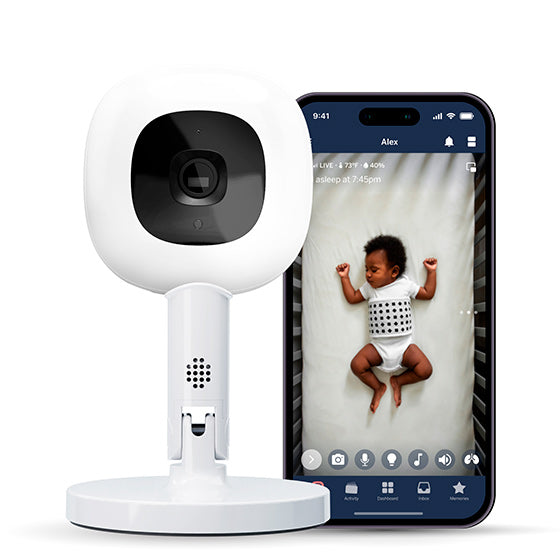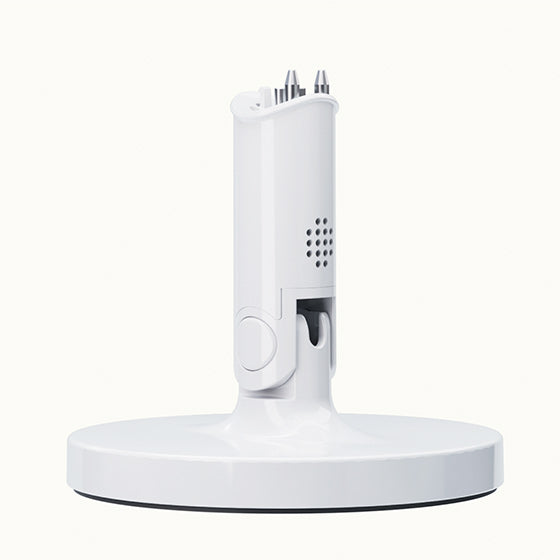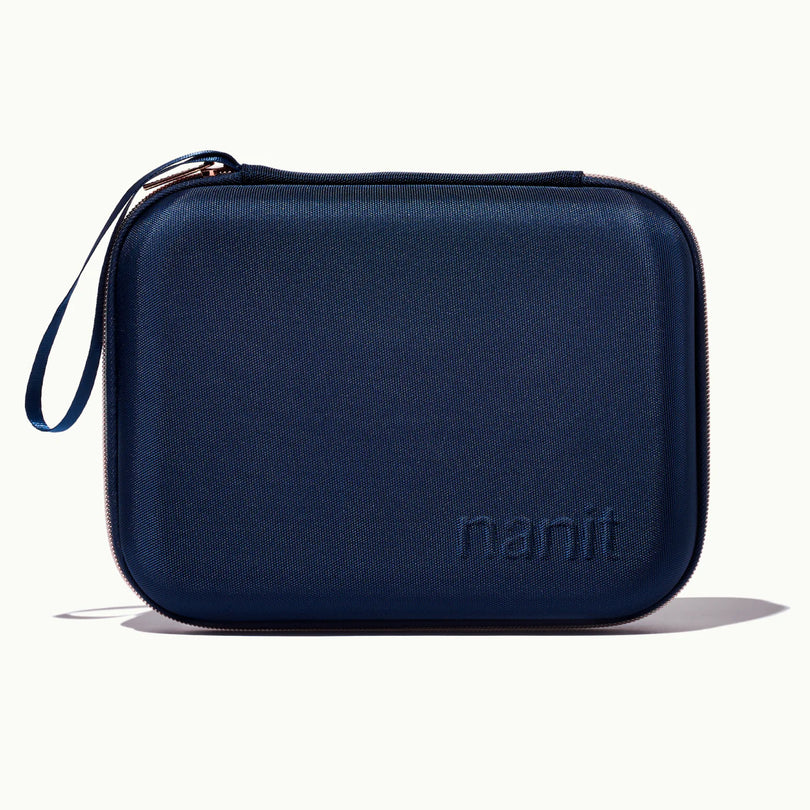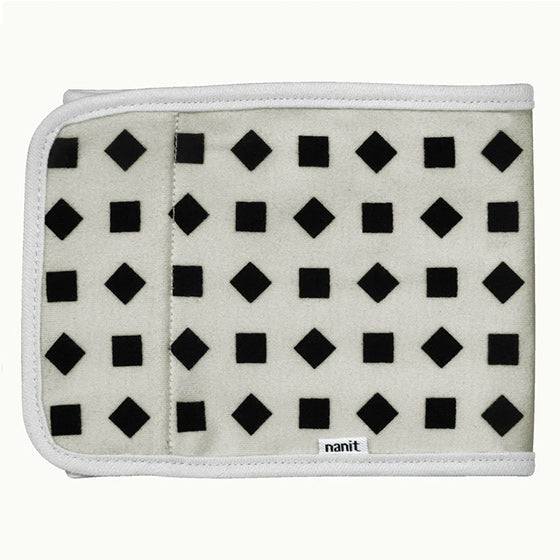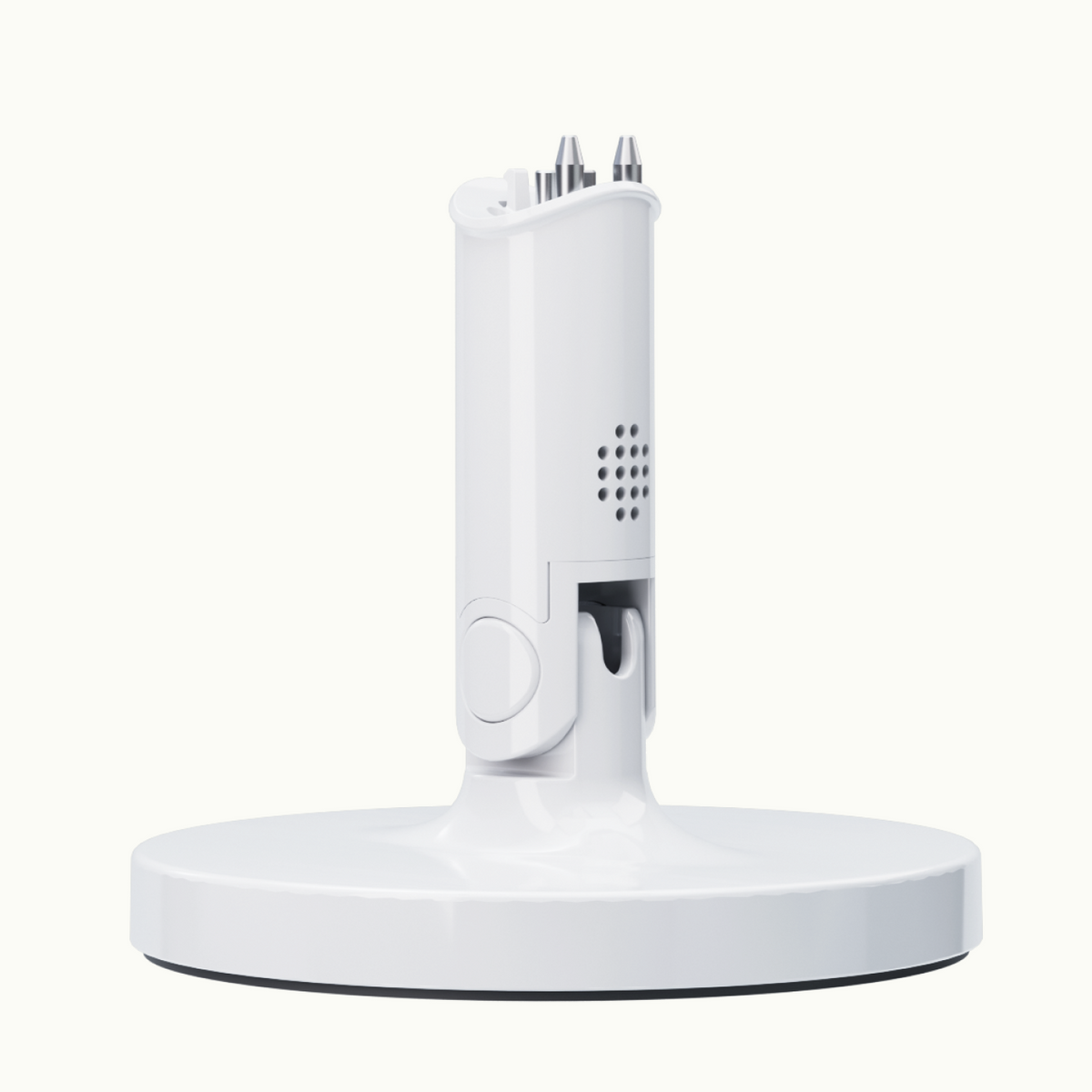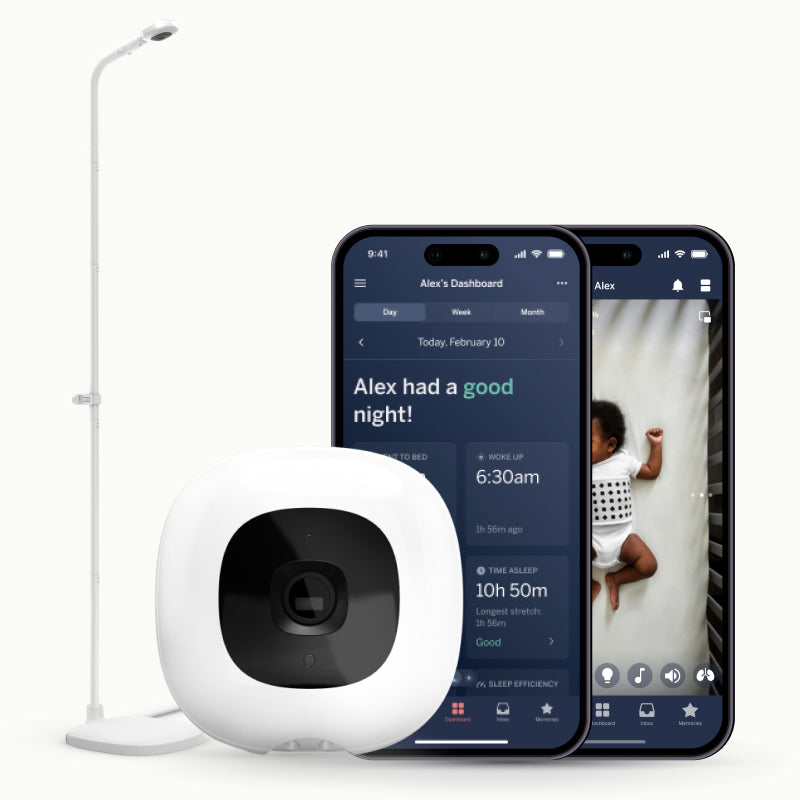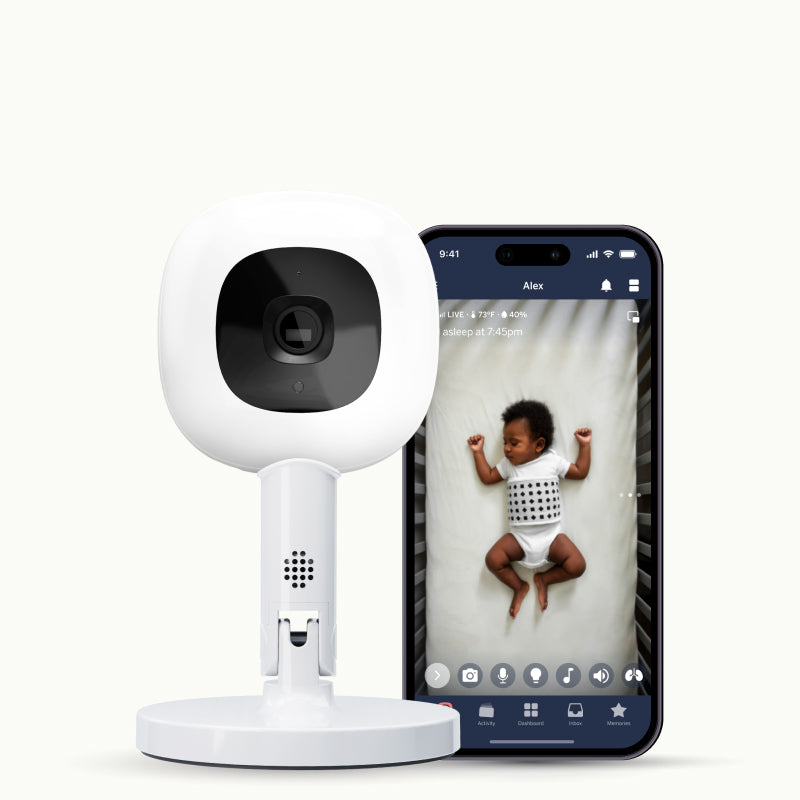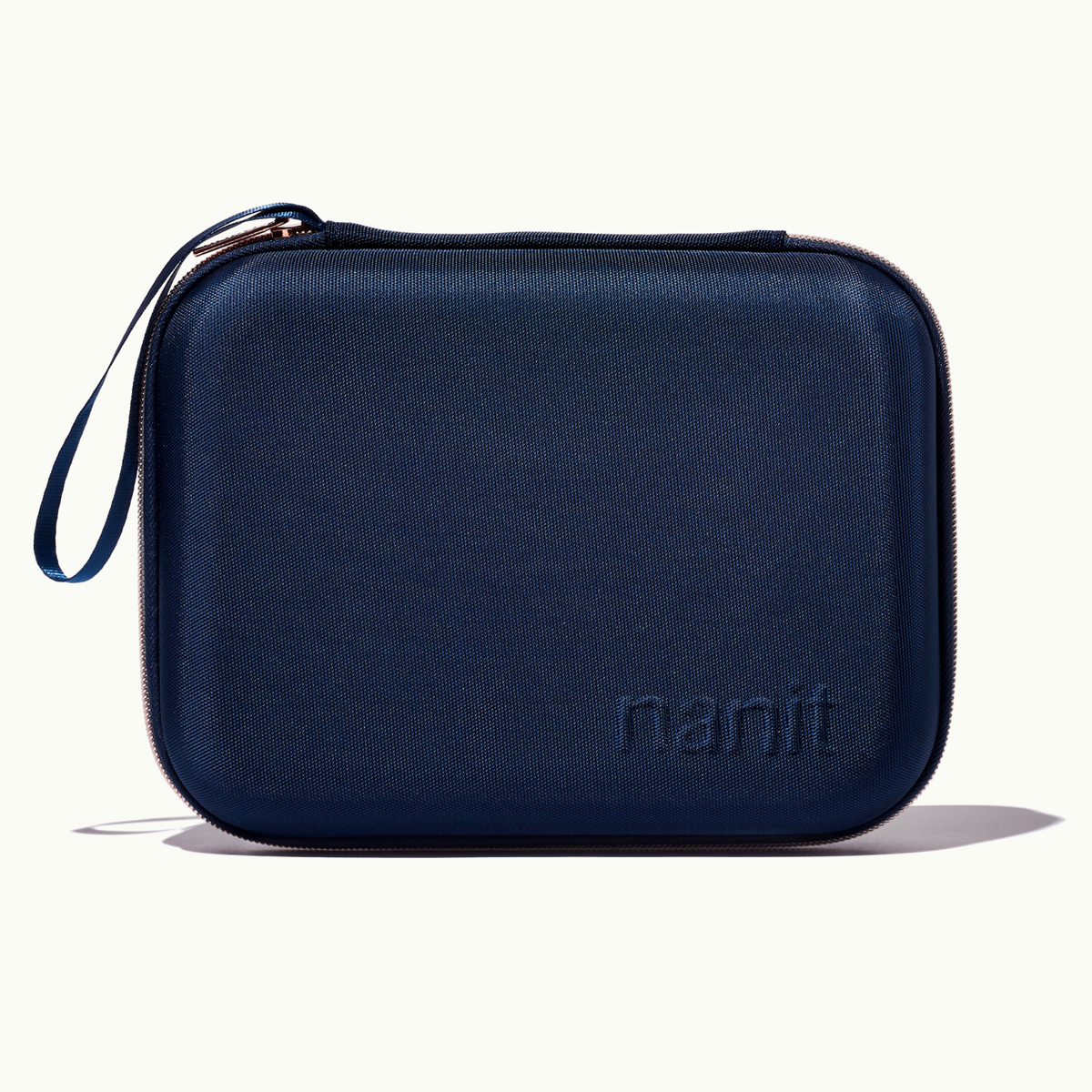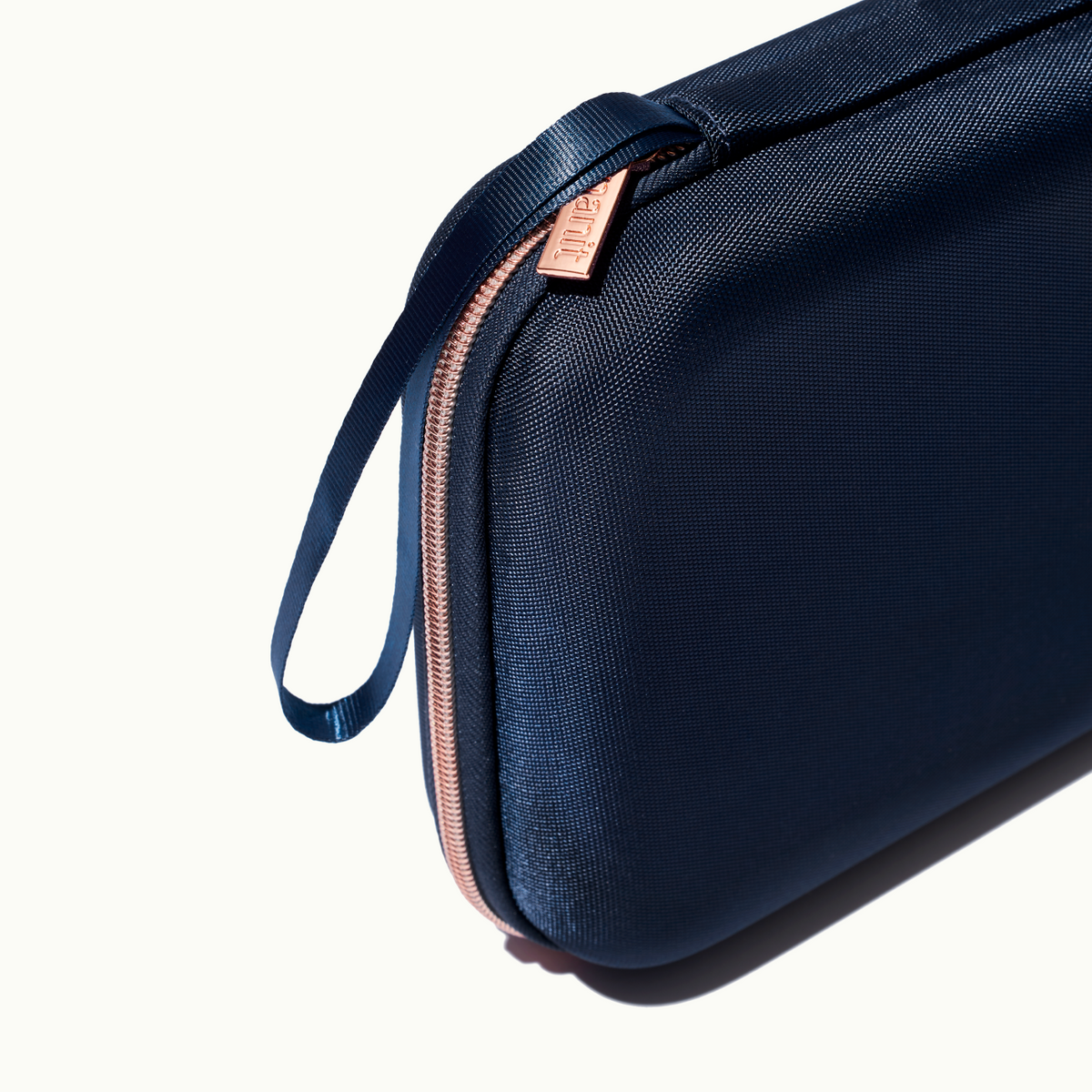Eunyeong Jang, Solbi Kang, Jinsaem Oh, Seockhoon Chung, Natalie Barnett, Michael Gradisar, Bei Bei, Sooyeon Suh
Presented at World Sleep Congress, Rome, 2022
Abstract
Introduction
The discrepancy between self-report and objective assessments of sleep is common. Under-estimating sleep time and over-estimating wake time has been proposed to contribute to the maintenance of insomnia. However, the discrepancy between parents’ perceived and objectively assessed sleep of their child, and correlates of this discrepancy have not been previously explored. This study aims to explore 1) the differences between parent reported vs auto-videosomnography assessed child’s sleep; and 2) variables associated with differences of these two measures.
Methods
Participants were 1,420 English-speaking caregivers of children 6 to 36 months old. Objective sleep measures (obtained by auto-videosomnography) on average 12.00 nights (SD=3.14) were collected from participants.Objective child sleep measurements used in this study include Total Sleep Time (TST), Wake After Sleep Onset (WASO), and Sleep Onset Latency (SOL). In addition to auto-videosomnography data, participants reported their child’s sleep parameters. All participants also completed Maternal Cognition about Infant Sleep Questionnaire (MCISQ), and Brief Infant Sleep Questionnaire-Revised (BISQ-R). The sleep Discrepancy Index (DI) for each sleep index was calculated using the following formula: DI of TST= (objectiveTST(oTST) – parent-reported subjective TST (sTST)) / oTST. DI of WASO and SOL were calculated. Descriptive statistics and Pearson’s correlation were conducted.
Results
The majority of the sample were mothers (68.0%), and 88.5% of the participants were between the ages of 25 and 40. Children consisted of 53.0% male and 46.8% female. The child’s age ranged from 6 to 26months, with a mean of 12.34 (SD=5.55).Mean(SD)parental DI of child sleep was -17.76(78.10) for SOL, -0.06 (0.16) for TST, and 0.45 (1.32) for WASO. Greater DI of child TST was related to lower BISQ-R scores (r=-.250, p<.01) and higher MCISQ scores (r=.144, p<.01) among parents who under-estimated their child’s TST and overestimated WASO and SOL. Also, greater DI of child SOL was associated with lower BISQ-R scores (r=.269, p<.01) and higher MCISQ scores (r=-.131, p<.01). Furthermore, DI of SOL was associated with greater perceived severity of their child’s sleep (r=-.144, p<.01), and confidence of parenting skills during bedtime (r=.156, p<.01) using BISQ-R. Parental DI of child WASO was not related to any of the variables in our sample.
Conclusions
The results showed that higher levels of parental discrepancy about their child’s sleep are associated with parental cognition about child’s sleep. Additionally, greater perceived severity of child’s sleep and lower parental confidence during bedtime were associated with greater discrepancy of SOL. The results from this study imply that parental discrepancy about child sleep could be an important factor to consider for intervention of pediatric sleep problems.
Keywords
Sleep Discrepancy, Parental Discrepancy about Child’s Sleep, Dysfunctional Cognition, Pediatric Sleep Problem
The researchers included Eunyeong Jang, Solbi Kang, Jinsaem Oh, Seockhoon Chung, Natalie Barnett, Michael Gradisar, Bei Bei, and Sooyeon (Aly) Suh.

- Dr. Natalie Barnett serves as VP of Clinical Research at Nanit. Natalie initiated sleep research collaborations at Nanit and in her current role, Natalie oversees collaborations with researchers at hospitals and universities around the world who use the Nanit camera to better understand pediatric sleep and leads the internal sleep and development research programs at Nanit. Natalie holds a Ph.D. in Genetics from the University of New England in Australia and a Postgraduate Certificate in Pediatric Sleep Science from the University of Western Australia. Natalie was an Assistant Professor in the Neurogenetics Unit at NYU School of Medicine prior to joining Nanit. Natalie is also the voice of Nanit's science-backed, personalized sleep tips delivered to users throughout their baby's first few years.
- Dr. Michael Gradisar is a Professor and Director and Clinical Psychologist at the Child & Adolescent Sleep Clinic at WINK Sleep in Australia, and the Head of Sleep Science at Sleep Cycle in Sweden. Dr. Gradisar has specialized in the treatment of pediatric sleep problems since 2006. He has provided training to over 420 psychologists throughout Australia on the treatment of pediatric sleep disorders, and published several research studies evaluating the treatment of insomnia and circadian rhythm disorders in children, adolescents and adults. In all, Dr. Gradisar has over 100 publications in peer-reviewed journals, has authored several book chapters, and has presented on sleep-related research and intervention internationally.
- Dr. Sooyeon (Aly) Suh is a clinical health psychologist and professor of psychology at Sungshin University, Dept. of Psychology. Broadly, her main interests lie in understanding how behavioral and psychological factors interact with physical health and eventually develop into chronic illness. Her specific interests are in behavioral sleep medicine, especially developing psychological treatments for sleep disorders. She is also very interested in women's mental health issues.

